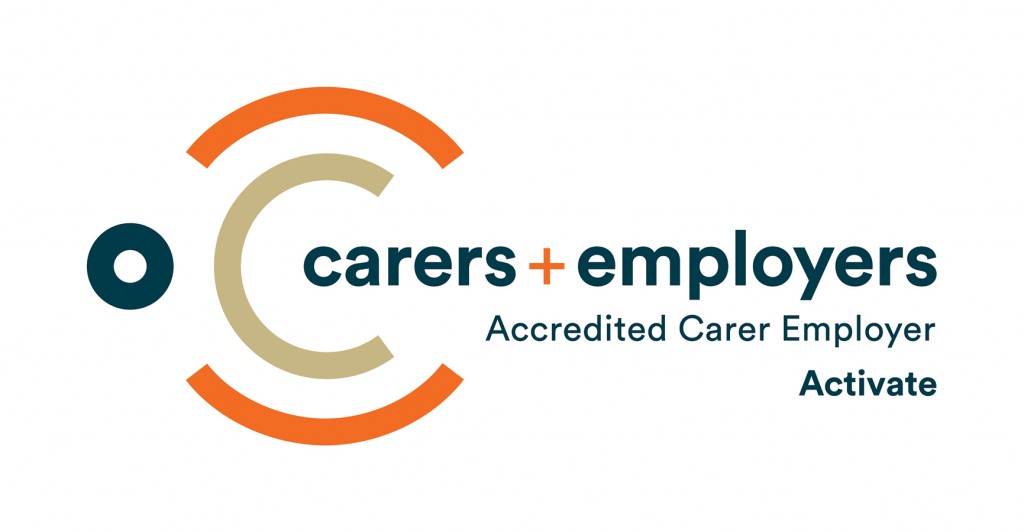Anyone can be a carer.
Yet many don’t see themselves as carers. Instead, they are a partner, child, parent, relative or friends of someone close to them they care for.
Every situation is different.
There are more than 2.65 million carers in Australia, which means approximately 1 in 11 people in Australia are carers, and approximately 230,000 Western Australians provide unpaid care and support to a family member or friend who requires help due to illness, disability or frail age.
Who Are Carers?
Carers are people who provide unpaid support to someone who needs help with their day-to-day living, be it full-time or occasionally.
The Western Australian Carers Recognition Act 2004 defines a carer as “a person who provides ongoing care, support and assistance to a person with disability, a chronic illness (which includes a mental health diagnosis) or who is frail, without receiving a salary or wage for the care they provide”.
Carers can provide support with daily activities such as preparing meals, housework, bathing, medication management and transport. They can also provide valuable emotional and social support.
Every situation and every day is different.
You are not considered to be a carer if you are employed to look after someone, if you work as a volunteer for an organisation, or if you are doing work experience as part of a course.
Carer Support Services with MIFWA
At MIFWA, we aim to provide mutual peer support, promote resilience and coping skills, and increase understanding of your caring role.
We provide one to one support, social and support groups for carers supporting people who are experiencing mental health challenges, as well as information, training and workshops.
Carer Stories
You are not alone.
Click here to read lived-experience stories from people who have been in a caring role for a family member or friend experiencing mental health challenges.
An Accredited Carer Employer
MIFWA is proud to be an Accredited Carer Employer.
MIFWA are committed to providing a flexible and supportive work environment to employees that also support a family member who is frail aged, has a disability, experiences mental health challenges or a chronic illness.


